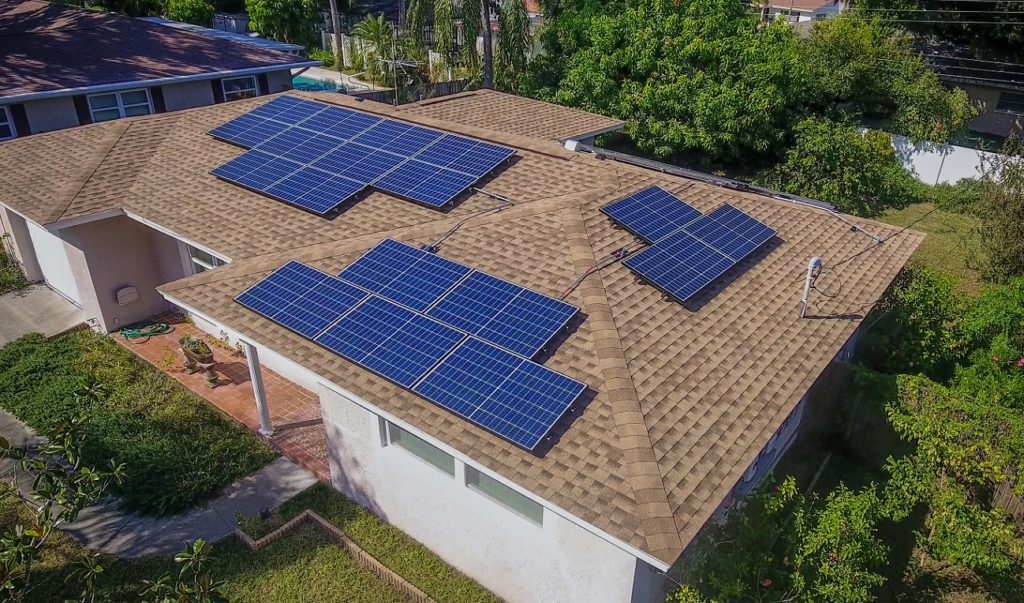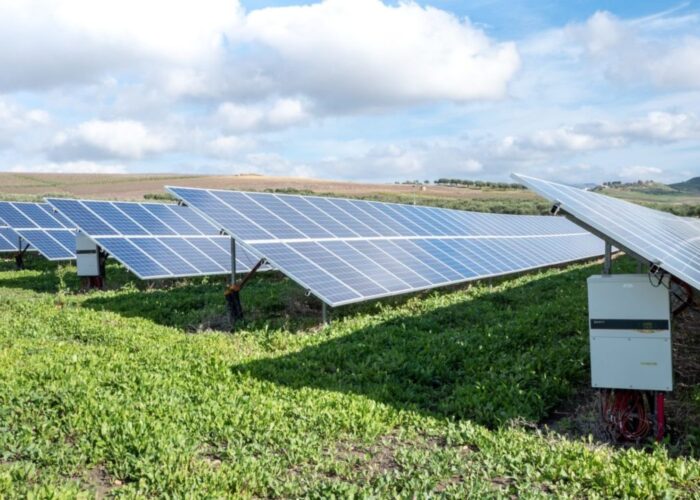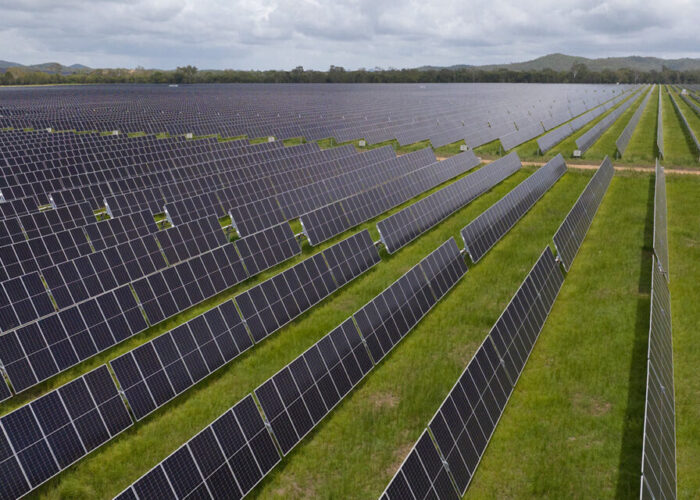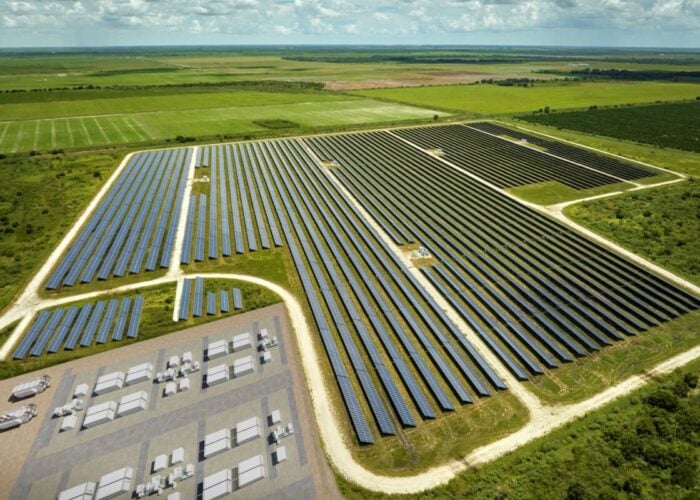
US residential solar company Sunrun has posted increased net income attributable to shareholders and decreased revenues and solar system product sales year-on-year (YoY) in its Q2 2024 financial results.
The company ‘s energy storage system installations increased markedly in the same period, reflecting its increased focus on storage attachments to residential solar systems.
Unlock unlimited access for 12 whole months of distinctive global analysis
Photovoltaics International is now included.
- Regular insight and analysis of the industry’s biggest developments
- In-depth interviews with the industry’s leading figures
- Unlimited digital access to the PV Tech Power journal catalogue
- Unlimited digital access to the Photovoltaics International journal catalogue
- Access to more than 1,000 technical papers
- Discounts on Solar Media’s portfolio of events, in-person and virtual
In the three months to 30 June 2024, Sunrun generated total revenue of US$523.8 million, down YoY from US$590.1 million in Q2 2023. However, net income attributable to shareholders increased significantly, from US$55 million in Q2 2023 to US$139 million in Q2 2024.
The company also generated US$217 million in cash in the last quarter, which included the recovery of a working capital investment made in Q1.
On the operational side, Sunrun added 192MW of new solar generation capacity in Q2, which it said brings its total networked solar capacity to 7.1GW.
The majority of the new capacity installed – 182.1MW – was installed by Sunrun’s subscriber customers, who lease solar and storage equipment from the company.
It added 26,687 total new customers from April to June, of which 24,984 were new subscribers.
Most notably, the company expanded its rollout of energy storage systems. Its storage attachment rate for Q2 – the percentage of new solar capacity built with co-located energy storage – reached 54%. This is up from 50% in Q1 and 17.6% in Q2 2023.
The company installed a total of 265MWh of energy storage capacity, a YoY growth rate of 152%.
Sunrun’s investment into its storage capacity has been fast, with impressive results.
In analysis of the results, investment banking firm Evercore said Sunrun is “quickly transitioning into a multi-product company and the priority remains to generate cash by continuing to increase customer values through growing storage adoption and other higher value products and services and reducing costs by driving further efficiencies across the business.”
YoY total operating expenses decreased from US$796.1 million to US$651.9 million, with the steepest decrease coming in the sales and cost of solar energy systems.
Energy storage systems carry a higher cost than standalone residential solar systems, which raises Sunrun’s “customer value”.
Mary Powell, Sunrun CEO, said: “In the second quarter we again set new records for both storage installation and attachment rates, further differentiating Sunrun in the industry, beating the high-end of our storage installation guidance and delivering solid quarter-over-quarter growth for solar installation, Cash Generation and Net Subscriber Value.”
The trend towards greater residential energy storage capacity over standalone solar is likely a reflection of legislative changes in the state of California, which boasts by far the largest residential solar market in the US.
Data published last month by the US Energy Information Administration (EIA) showed that the number of residential solar installations paired with energy storage had increased significantly, whilst the overall installed residential solar capacity had decreased to its lowest level since late 2021.
This was because of the California Public Utilities Commission’s (CPUC) decision to change the net energy metering tariff for residents. NEM 3.0, as it is known, slashed the payments residents could get for excess solar power generation in favour of lower, demand-sensitive payments that incentivise home battery storage. A number of companies have already released products and software specifically tailored to NEM 3.0.
Looking forward to the rest of the year, Sunrun CFO Danny Abajian said: “We expect positive Cash Generation in Q3, are on track for our annualised run-rate target of US$200 to US$500 million in Q4, and are excited to introduce our 2025 Cash Generation guidance of US$350 to US$600 million.”






